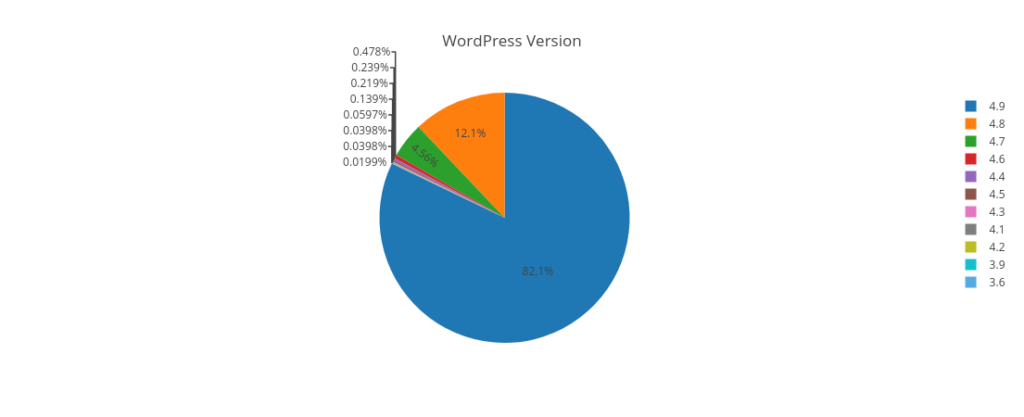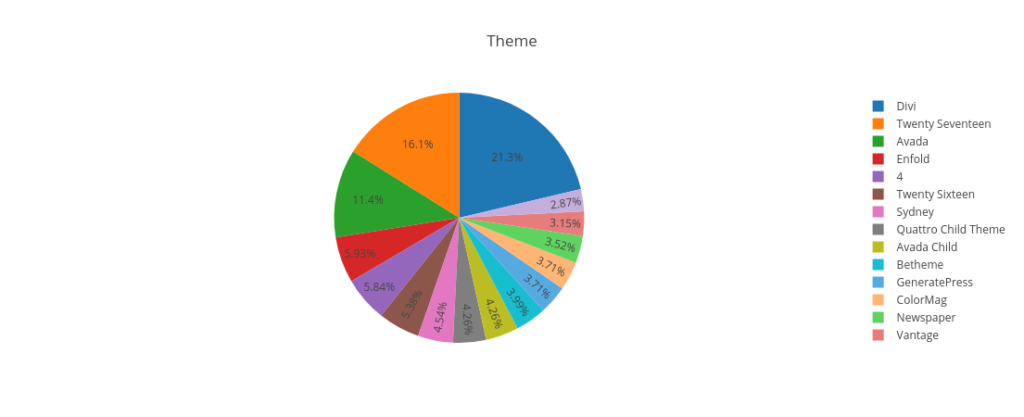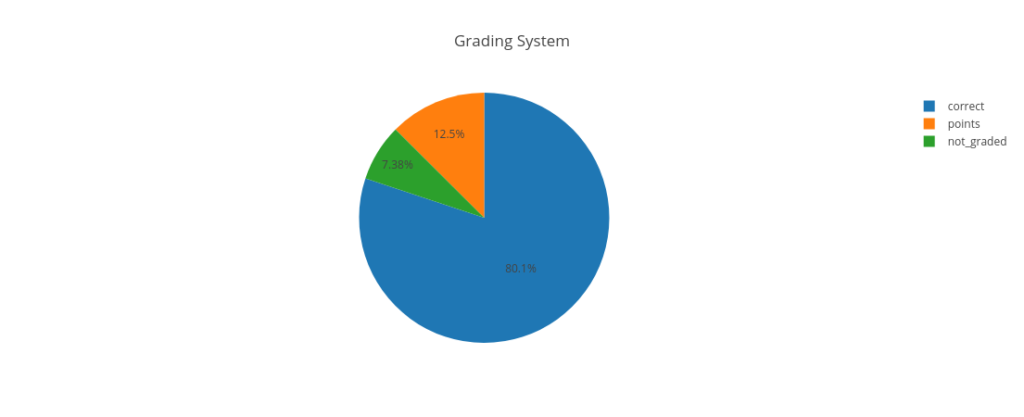In order to improve the plugin and its ecosystem, we need insights into how users are using the plugin. Unfortunately, since this plugin is a distributed software using WordPress, there is no way for us to easily see how all users have configured the plugin which makes planning new features and enhancements difficult.
To assist us in this process, we have implemented an opt-in tracking system into the plugin. When the plugin is installed, admin users are prompted with a message asking them to allow the plugin to occasionally send data about the site’s configurations.
This is completely optional and can be an enabled and disabled at any time from the “Settings” page within the plugin.
Types of data we collect
There are a few different types of data we collect for a few different reasons. First, we collect data about the WordPress and server configurations to help us understand the types of sites using QSM.


We also collect data about how quizzes and surveys are configured. This helps us understand which features are used the most and in which ways. For example, we can see that most users use the “Correct/Incorrect” grading system.

The data we collect
Website URL – This is only collected to differentiate the data from other sites to ensure we only have one set of data for each site. The URL is never seen by anyone.
WordPress Version – The version of the site’s WordPress installation
PHP Version – The version of PHP that is installed and used by the server.
MySQL Version – The version of MySQL (Database software) that is used for the site.
Server Software – The software that is serving the website. I.e. Apache
Active Plugins – The plugins that are activated on the site. We use this to see what are the most popular plugins used with QSM so we can ensure to test with those plugins.
Inactive Plugins – The rest of the plugins on the site. While these are inactive, seeing the most popular plugins installed on a site is useful to ensure we test with most common plugins.
Theme and Theme Version – The active theme and its version number. We use this to ensure we are testing in themes that most users are using.
Number of Total Quizzes and Number of Active Quizzes – The number of quizzes or surveys on a site. This allows us to see how many quizzes and surveys are created and how many are normally on each site.
Number of Total Questions and Number of Active Questions – The number of questions on a site. This allows us to see how many questions are created and how many are normally on each site.
Number of Results and Number of Active Results – The number of responses on a site. This allows us to see how times quizzes or surveys tend to be responded to on sites using QSM.
Original Version and Current Version – The original version of QSM that was installed and the current version. This allows us to quickly see the versions of QSM being used. We can use this to filter to the other data to see how newer features are being used in newer versions.
Quiz/Survey Settings – A collection of settings used across the different quizzes and surveys on a site. Some of the settings collected includes randomness order, grading system, total user tries, time limit, and quiz style. This set of data allows us to see how each feature and is being used across a variety of sites.
Quiz and Survey Names – The name of the quizzes and surveys on a site. We use this to categorized types of quizzes and surveys and compare the categories with different settings configurations.
Error Logs – Any errors that QSM has reported. These can be seen at the bottom of the “Help” page. This allows us to see any trends in different errors appearing from QSM.
Site Name and Description – The name and description of the site. We use this to categorize types of websites that are using QSM using pattern and keywords matching in aggregation.
Site Language – The language the site is in. We try to get translations made for the most popular languages used with QSM.
Site Character Encoding – The encoding for the site.